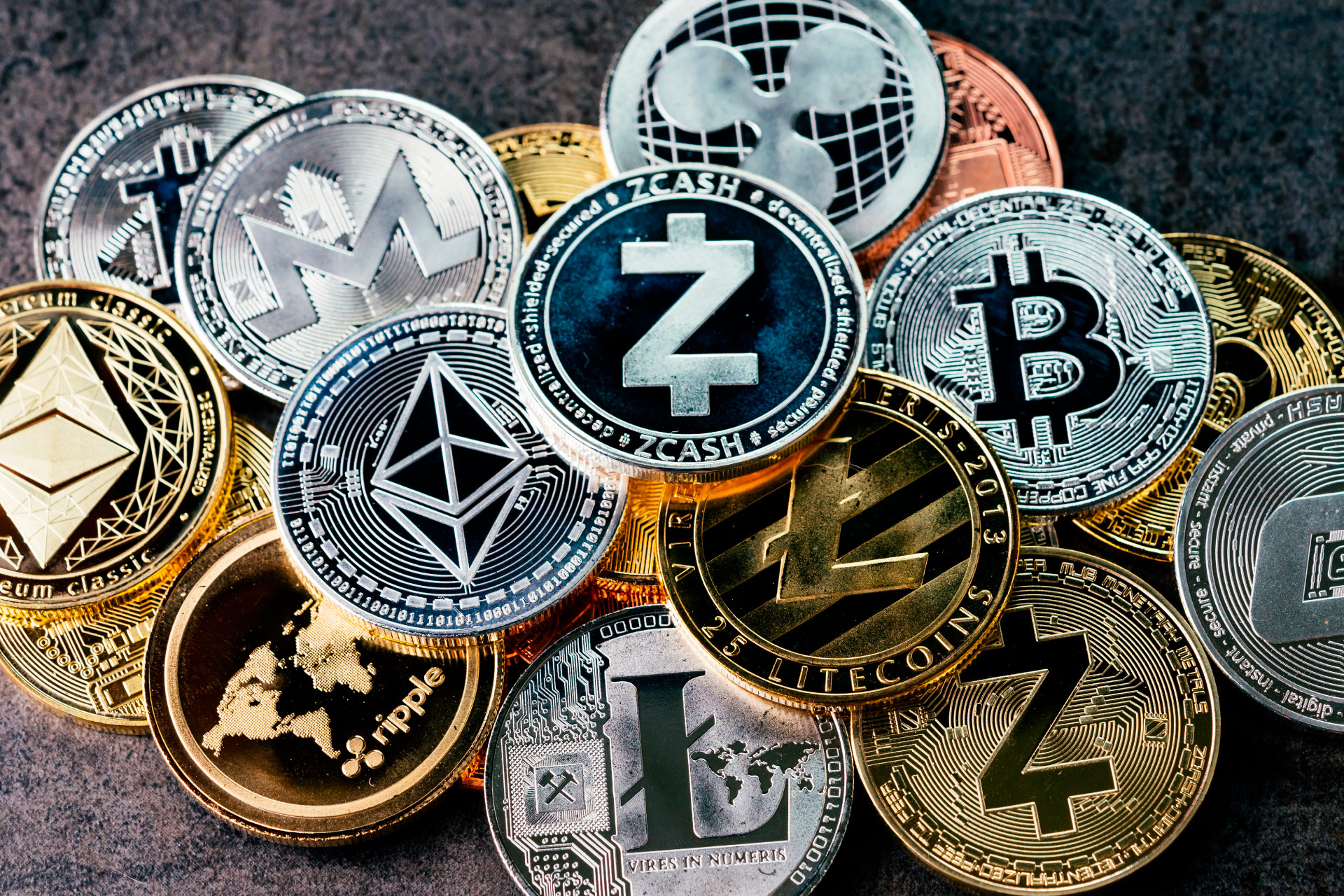How to get the most out of digital wallets


Beyond the age-old notecase, wallets have gone digital, allowing us to pay faster at shops and restaurants or store cards and tickets on our smart devices. There are also special wallets for cryptocurrencies.
Digital wallets, like Google Pay, Apple Pay and Samsung Pay, are apps on a smartphone or smartwatch that allow us to pay for goods and services at stores or online without cash.
They use technology that connects our bank account and payment gateways to store our bank cards and make purchases.
They require a designated security method, such as a numeric or alphanumeric password, a fingerprint or facial recognition, to authorize purchases, which we can track like on any online banking app.
Still, payment is not the only thing digital wallets can do. Some provide the option of storing coupons, points cards, travel fares and concert tickets directly after purchase or from a confirmation email.

Cryptocurrency wallets
Some digital wallets can be used to manage Bitcoin and other cryptocurrencies by storing their encryptions to provide a digital signature. These crypto wallets record cryptocurrency transactions on a decentralized online ledger with blockchain technology, which links their ownership to encrypted keys.
Crypto wallets store two types of authentication key. One is a private key, which owners must carefully keep secret and avoid forgetting or losing because it gives access to their cryptocurrencies and could wipe out their funds in the wrong hands.
Another is a public key, a numeric sequence that can be known to others at no risk to funds. It’s not the same as the crypto wallet address (or account address), which is a shortened version of the public key, consisting of letters and numbers like a bank account IBAN.
Both are stored and used in crypto wallets, apps or devices, such as:
- hot wallets: special wallets that connect to the Internet to access funds instantly from computers, smartphones and browser extensions.
If their passcode is lost or forgotten, funds are blocked. - cold wallets: wallets that do not connect to the Internet or use blockchain technology. While they cannot be hacked remotely (unlike hot wallets), losing one of the two cold wallet types can lead to a total loss of funds. The two types are hardware wallets (commonly on USB devices) and paper wallets (a physical document with the wallet address and key).
All in all, any type of wallet requires responsible, safe and informed use. It is highly recommended to have backup or contingency systems to minimize risks to our financial health.
Want to know most the disruptive changes to mobile payments on the horizon? Read this article (in Spanish) by Finanzas para Mortales (Finance for Mortals).







